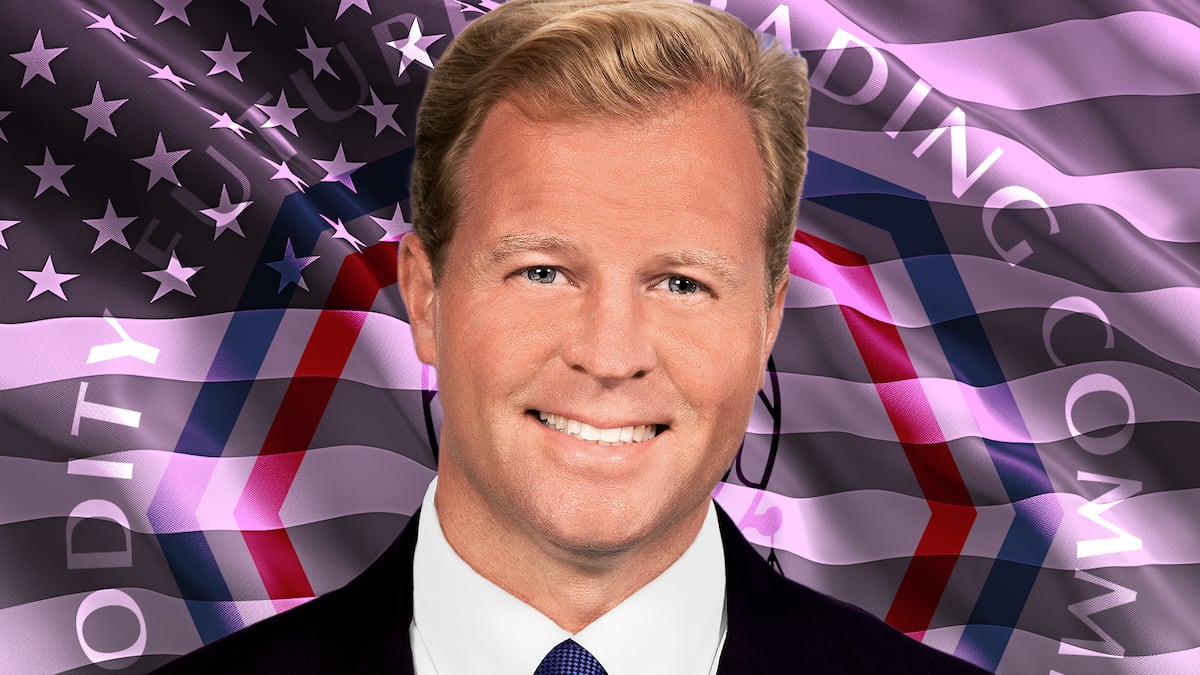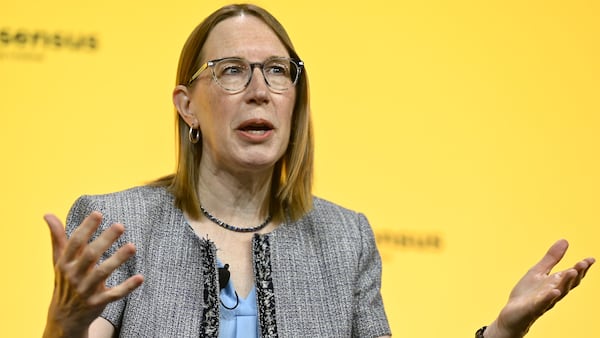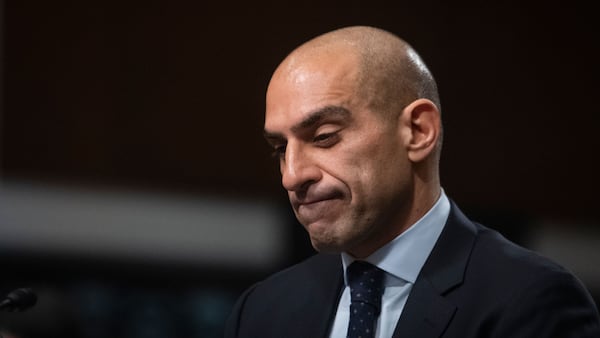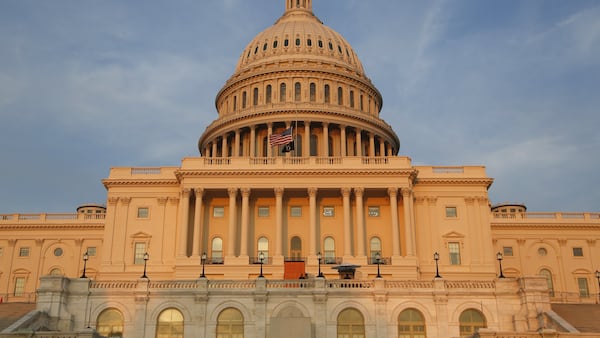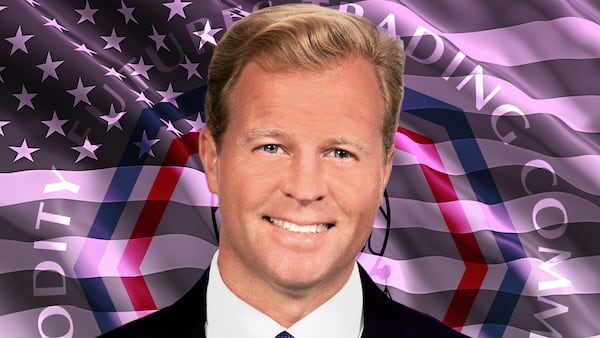- A swell of new crypto laws are about to be enforced.
- But the question is if regulators have enough staff to regulate them after the DOGE cuts.
A version of this story appeared in The Guidance newsletter on August 11. Sign up here.
Hey all, Liam here.
The swell of new crypto rules coming into play is cause for much applause among industry proponents.
Clear guidelines for stablecoins in the Genius act as well as market structure mean larger banks and institutions are more comfortable offering digital asset products to clients.
For investors, that’s great. It likely precedes even more investment.
At the same time, there’s mounting concern that there won’t be enough government staff to enforce all these new rules.
Alongside pugnacious tariffs and his newfound obsession with crypto, US President Donald Trump and the former head of DOGE, Elon Musk, drew headlines earlier in the year for clumsily downsizing huge swaths of government.
“If you’re going to write legislation, pass Genius act, pass market structure, you have to make sure that there’s regulatory agencies and law enforcement that can enforce the provisions in this legislation,” Ari Redbord, the global head of policy at TRM Labs, told me on Wednesday.
Major staff cuts have included the various agencies that would crack down on fraud, scams, and any other kind of financial chicanery in American capital markets.
As of May, more than 2,000 staffers were either laid off across the the Securities and Exchange Commission, the Office of the Comptroller of the Currency, and the Federal Deposit Insurance Corp.
For investors, this is less great. Here’s why.
“The downside is the potential for rampant fraud and investor abuse,” Lee Reiners, a lecturing fellow at Duke University and financial regulation expert, told me. “The industry wants the patina of regulation, but not meaningful regulation.”
This point has been made clearer after Tyler and Cameron Winklevoss, co-founders of the crypto exchange Gemini, urged Trump to scrap his nomination of Brian Quintenz as the new CFTC chief, Politico reported in July.
The reason?
Part of Quintenz’s testimony before the Senate Committee on Agriculture, Nutrition, and Forestry as part of the nomination process was to increase the agency’s budget to expand its ability to regulate the crypto industry.
Remember, various bills regulating crypto market structure would place many tokens, coins, and cryptocurrencies under the regulatory purview of the CFTC.
Insiders say it’s an easy argument for so-called crypto naysayers.
“Usually they point to recent efforts like DOGE for this administration or congressional appropriation budget cuts as the culprit,” Ron Hammond, head of policy for crypto market maker Wintermute, told me. “It’s an easier narrative to message on than attacking the regulation or agency action in question.”
And in place of those thousands of regulators, Hammond said that many agencies are leaning into artificial intelligence tools to pick up the slack.
Sam Altman, the co-founder of AI stalwart OpenAI, also appears happy to foot the bill.
On Thursday, he offered frontier models to the US government for $1.
ICYMI
- Paxos reaches $48m settlement with NYDFS over Binance, AML failuresPaxos, a stablecoin issuer that counts PayPal among its clients, settled with the New York Department of Financial services on Thursday over its alleged failure to conduct due diligence on Binance.
- XRP price jumps 11% as SEC and Ripple formally dismiss appealsThe SEC and Ripple Labs jointly agreed to dismiss their respective appeals in the XRP securities case, officially ending one of crypto’s largest legal battles and sending the token up 11% on Thursday.
- El Salvador courts crypto’s deepest pockets with new banking lawEl Salvador’s newly approved Investment Banking Law allows licensed institutions with at least $50 million in capital to offer Bitcoin and other digital asset services.
Story of the Week
Tornado Cash dev Storm guilty of money transmission — but jurors deadlocked on most severe charges
Roman Storm, one of the co-founders of crypto mixer Tornado Cash, was found guilty of conspiracy to operate an unlicensed money transmitting business. But jurors couldn’t agree whether we was guilty of other, more serious crimes.
“We are grateful the jury did not convict Roman for violating sanctions or laundering money,” Storm’s attorney, Brian Klein, said in a statement. “There are serious legal issues with the sole remaining money transmitting count. We will not stop fighting for Roman, and expect him to be fully vindicated.”
Post of the Week
The SEC said liquid staking protocols are not necessarily involved in securities transactions, a victory for DeFi’s $66 billion sub-industry.
But it prompted a social media response from Amanda Fischer, the chief operating officer at Better Markets and the SEC’s chief of staff during the Gary Gensler era.
‘The SEC’s latest crypto giveaway is to bless the same type of rehypothecation that cratered Lehman Brothers - only in crypto it’s worse because you can do it without any SEC or Fed oversight.’
Amanda Fischer, COO at Better Markets


